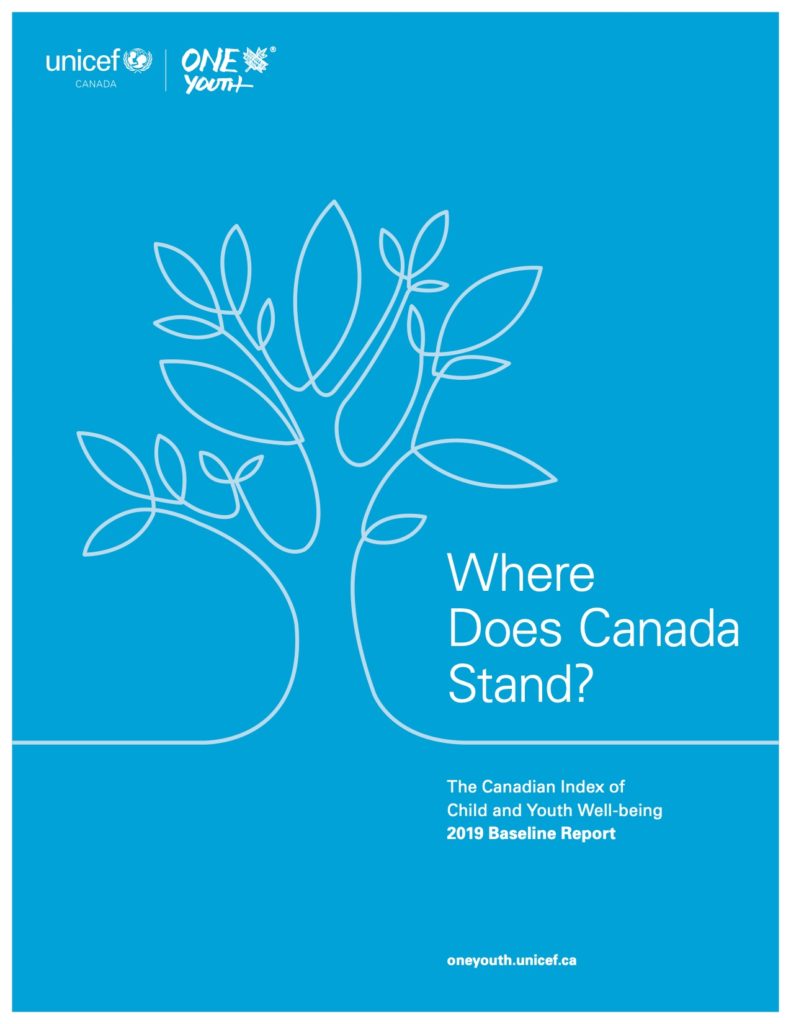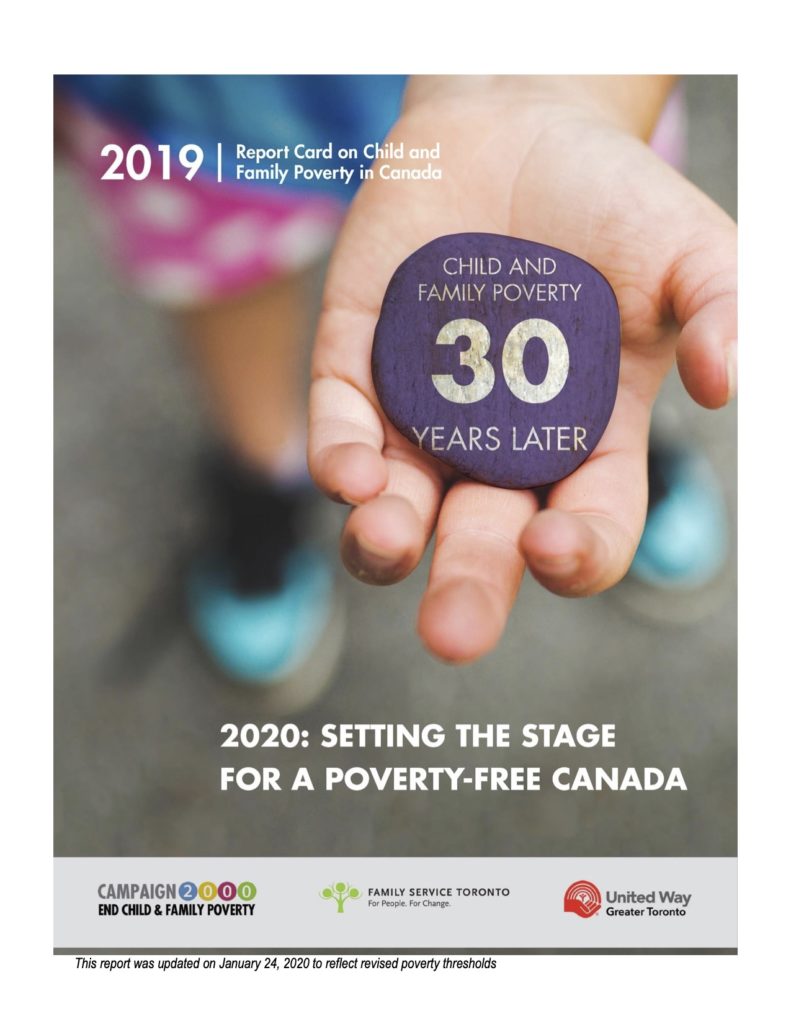(November 17, 2020) “Here’s the thing,” says Katherine Hay, CEO of Kids Help Phone in an interview with The Charity Report, “The data will tell us that the mental health of young people in Canada has been a crisis well before COVID. In 2019, 28% of our interactions were about suicide. The isolation is staggering. I don’t mean to be an alarmist. I am a realist. The numbers are what they are. We talk to young people about suicide, self-harm, sexual abuse and much more.”
Kids Help Phone has more real-time data about the issues children and youth are worried about than any other source in Canada by any measurement. So far in 2020, it has had 3.7 million interactions with young people, up from 1.9 million in all of 2019. These interactions come from young people in Canada, including every province and territory in Canada from large urban areas to the most remote regions of the country and tell a tale of anxiety, profound sadness and grief.
- For children aged 5 to 13, 49% are calling about bullying; 16% of that age group are calling about anxiety and 21% are calling about feelings of suicide.
- For youth aged 14 to 17, 36% of children are calling about anxiety; 41% are calling about depression, 39% feel isolated and 37% are calling with feelings of suicide.
- For young people aged 17 to 24, 49% are calling about substance abuse, 37% are calling about sexual violence and 33% are calling with feelings of suicide.

In all age groups of young people in Canada, 95% experience some feelings of grief. The data is pulled from conversations via text and phone calls—they received about 450 of each every day.
According to UNICEF, “Canada’s wealth has been steadily rising, but our overall level of child and youth well-being hasn’t budged in over a decade.”
The Canadian Index of Child and Youth Well-being 2019 Baseline Report this year looking at 125 indicators for child well-being in Canada from polluted environments to play time to mental health.
The UNICEF report found the air young people in Canada breathe in cities is just below the safe limit for fine particulate pollution, just 21% of 5 to 11-year-olds gets more than an hour and a half of daily play time, more than 27% have felt sad or hopeless for a long period, 27% report regular bullying, more than one in four starts kindergarten with developmental challenges, one in four has experienced violence at home before the age of 15, and one in four goes to bed hungry.
A national report card on poverty Setting the Stage for a Poverty Free Canada – 2019 Report Card on Child & Family Poverty in Canada was issued in 2020. It found:
- Of status First Nation children on reserves, 53% live in poverty
- Of status First Nation children off-reserve, 41% live in poverty
- Of Inuit children, 25% live in poverty
- Of Metis children, 22% live in poverty
- Of non-status First Nation children, 32% live in poverty
Other factions in society are disproportionately affected by childhood poverty, too, they say:
- Of former or current landed immigrant or permanent resident children, 35% live in poverty
- Of racialized children, 22% live in poverty

In contrast, only 12 per cent of non-Indigenous, non-immigrant, non-racialized children live in poverty.
What’s to be done?
The authors of Setting the Stage for a Poverty Free Canada—the United Way of Greater Toronto and Family Service Toronto—have developed policy suggestions to reduce poverty, including “increasing the Child Tax Benefit”, increasing “funding for the Canada Social Transfer by $4 billion and remove arbitrary growth restrictions” and “transfer $1 billion to provinces/ territories/Indigenous communities for building accessible, affordable, high quality, inclusive early learning and childcare.”
The United Nations says, “the true measure of a nation’s standing is how well it attends to its children—their health and safety, their material security, their education and socialization, and their sense of being loved, valued, and included in the families and societies to which they were born.”
Blinking red lights on all sides give us an indication of how Canada is measuring up.
Related
Being a kid in a country that can’t tell you the number of children dying in care of child welfare agencies? November 17, 2020
Kids Help Phone CEO Katherine Hay in a Feature Interview November 16, 2020